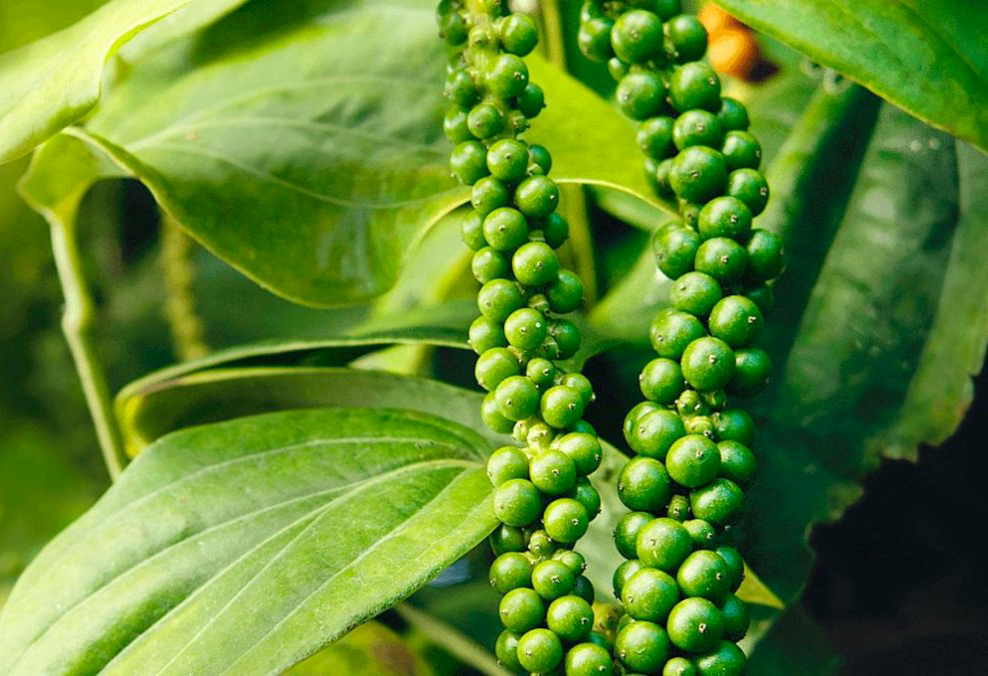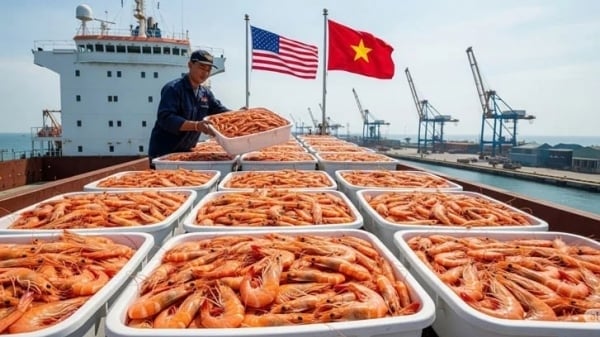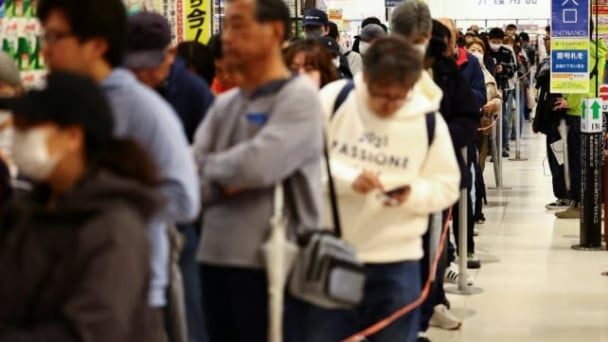June 17, 2025 | 09:48 GMT +7
June 17, 2025 | 09:48 GMT +7
Hotline: 0913.378.918
June 17, 2025 | 09:48 GMT +7
Hotline: 0913.378.918

Some banned substances are still detected on pepper.
At the Workshop on Evaluation of the EVFTA Agreement - Opportunities and Challenges for the Sustainable Development of Vietnam's Pepper and Spices Industry, held on August 8 in Ho Chi Minh City, the Vietnam Pepper and Spices Association (VPSA) said that some banned substances are still being detected on pepper samples.
Specifically, in the study of pesticide residues on pepper in accordance with EU regulations, through analysis and testing of 284 pepper samples collected in the 2 years 2021 - 2022 of some exporting enterprises and laboratories, the results showed that 38 active ingredients were detected, the total frequency of active ingredients was 2,462, the total value meeting the EU MRL regulation was 2,051 and the total value of failing was 411.
In which, active substances were detected with high frequency, including: Chlorpyrifos Ethyl (killing worms, termites, mosquitoes, worms); Cypermethrin (kills flies, mosquitoes, termites, ants, cockroaches); Metalaxyl/Metalaxyl-M (sum), Metalaxyl (fungicide); Imidacloprid (kills insects and termites); Carbendazim (fungicide); Fenobucarb (insecticide and pesticide); Propamocarb (fungicide).
According to VPSA, it can be seen that most of the pepper samples are contaminated with active ingredients related to the prevention of pests and harmful fungi on pepper plants. In which, some active ingredients have been removed by Vietnam but still appear in pepper such as Carbendazim and Chlorpyrifos Ethyl. This is very worrying, especially if people continue to use banned drugs to care for pepper.
According to VPSA, the EVFTA Agreement signed on August 1, 2020 has allowed the application of a tax rate of 0% for tax lines on pepper and spices. However, the export and market expansion is still not commensurate with the potential because the EU market conditions and standards are quite high and strict in terms of quality, traceability and food safety. In addition, there is the impact of the Covid-19 pandemic, the world economic crisis caused by the conflict in Eastern Europe.
In the first 6 months of this year, pepper exports to the EU only reached 4,316 tons, while the total amount of pepper exported to markets was 153 thousand tons. In 2020, 2021 and 2022, the amount of pepper exported to the EU reached nearly 40,000 tons to 48,000 tons.
Translated by Hoang Duy

(VAN) The political and cultural insulation of Japan’s beloved grain is falling apart, and experts warn the country’s relationship with the staple will have to adapt.

(VAN) Noting risks, report examines impacts of avian influenza, changing trade patterns since 2022, fish fraud, and shipping industry’s net-zero goals.

(VAN) Mr. Tran Quang Bao, General Director of the Forestry and Forest Protection Department, met and worked with the International Wood Products Association to promote cooperation in the field of timber trade.

(VAN) China's outbound shipments of rare earths in May jumped 23% on the month to their highest in a year, though Beijing's export curbs on some of the critical minerals halted some overseas sales.

(VAN) To sustain capital flow, administrative reform alone is not enough; what farmers truly need is an ecosystem where both government and businesses grow together in support.

(VAN) Vietnam and the United States are proactively working together, each in their own way, to ensure that every container of agricultural goods carries not just products, but also long-term trust and value.

(VAN) Stores have started selling rice from the government’s stockpile to feed demand for the staple.